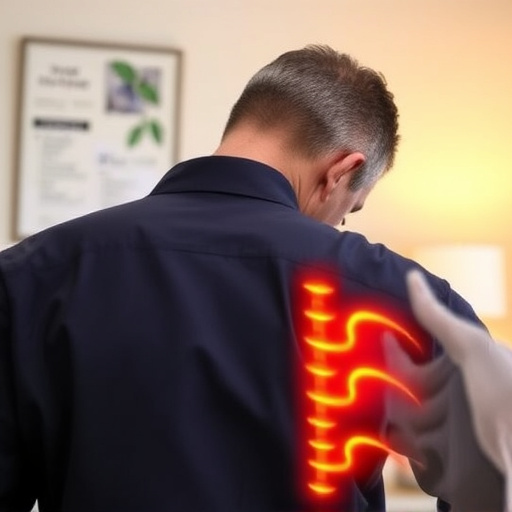Regular Airaid filter replacement (every 10-15k miles or annually) is crucial for engine performance and vehicle safety. Visual inspections during maintenance should check for buildup, damage, secure fitting, leaks, and unusual noises to prevent costly repairs. Adhering to the recommended schedule ensures optimal airflow, fuel efficiency, and clean air intake for efficient combustion.
“Optimize your vehicle’s performance and ensure peak efficiency with this comprehensive guide to Airaid filter maintenance. Discover the crucial role of Airaid filters in enhancing engine health, improving fuel efficiency, and boosting overall vehicle capability. Learn about the importance of regular visual inspections and setting a tailored replacement schedule based on usage. By mastering these steps, you’ll extend filter life, enhance driving experiences, and contribute to your vehicle’s long-term reliability.”
- Understanding Airaid Filter Functionality and Importance
- Setting a Regular Replacement Schedule
- Essential Visual Inspection Steps for Effective Maintenance
Understanding Airaid Filter Functionality and Importance

Visual inspection plays a crucial role in maintaining optimal engine performance, and one critical component to check is the Airaid filter. These filters are designed to protect your engine by trapping dirt, dust, and other contaminants from the air entering the intake system. Understanding their functionality is essential for effective maintenance.
Regular Airaid filter replacement according to the recommended schedule is vital. Over time, these filters can become clogged, reducing airflow and potentially causing engine performance issues. Proper maintenance ensures that your vehicle’s engine receives a steady supply of clean air, which is necessary for efficient combustion. It’s an easy yet important step in keeping your car running smoothly and avoiding more complex repairs related to poor air filtration.
Setting a Regular Replacement Schedule

Regularly replacing your Airaid filters is essential for maintaining optimal performance and efficiency. Most manufacturers recommend swapping out these components every 10,000 to 15,000 miles or at least once a year, depending on driving conditions. By setting a consistent replacement schedule, you can ensure that your vehicle’s air intake system stays in top shape.
This routine maintenance is crucial for capturing and retaining dirt, debris, and other contaminants that may accumulate over time. Neglecting regular filter replacements could lead to reduced airflow, decreased fuel efficiency, and even damage to the engine due to increased particulate matter ingestion. Therefore, establishing a reliable Airaid filter replacement schedule will not only extend the lifespan of your vehicle’s components but also contribute to safer and more enjoyable driving experiences.
Essential Visual Inspection Steps for Effective Maintenance

When performing visual inspections as part of regular maintenance, paying close attention to key components is crucial. For vehicles equipped with Airaid filters, adhering to a structured schedule for replacement is essential. Regularly examining the filter for buildup, damage, or debris is just the first step; ensuring it fits securely and checking for any signs of leakage around the filter housing are equally vital. Visual inspections should also include a thorough look at the engine compartment for any loose connections, damaged hoses, or leaks from oil, coolant, or brake fluid.
Identifying potential issues early through these visual checks allows for proactive maintenance, preventing minor problems from escalating into costly repairs. In addition to Airaid filter replacement schedule adherence, keeping an eye out for unusual noises, odd smells, and performance changes can further aid in maintaining optimal vehicle health.
Regular visual inspections and adhering to an established Airaid filter replacement schedule are essential components of effective vehicle maintenance. By understanding the critical role of the Airaid filter and implementing these simple yet comprehensive inspection steps, car owners can ensure optimal engine performance and prolonged lifespan. Don’t overlook the significance of timely replacements; it’s a key factor in preserving your vehicle’s health and efficiency.














